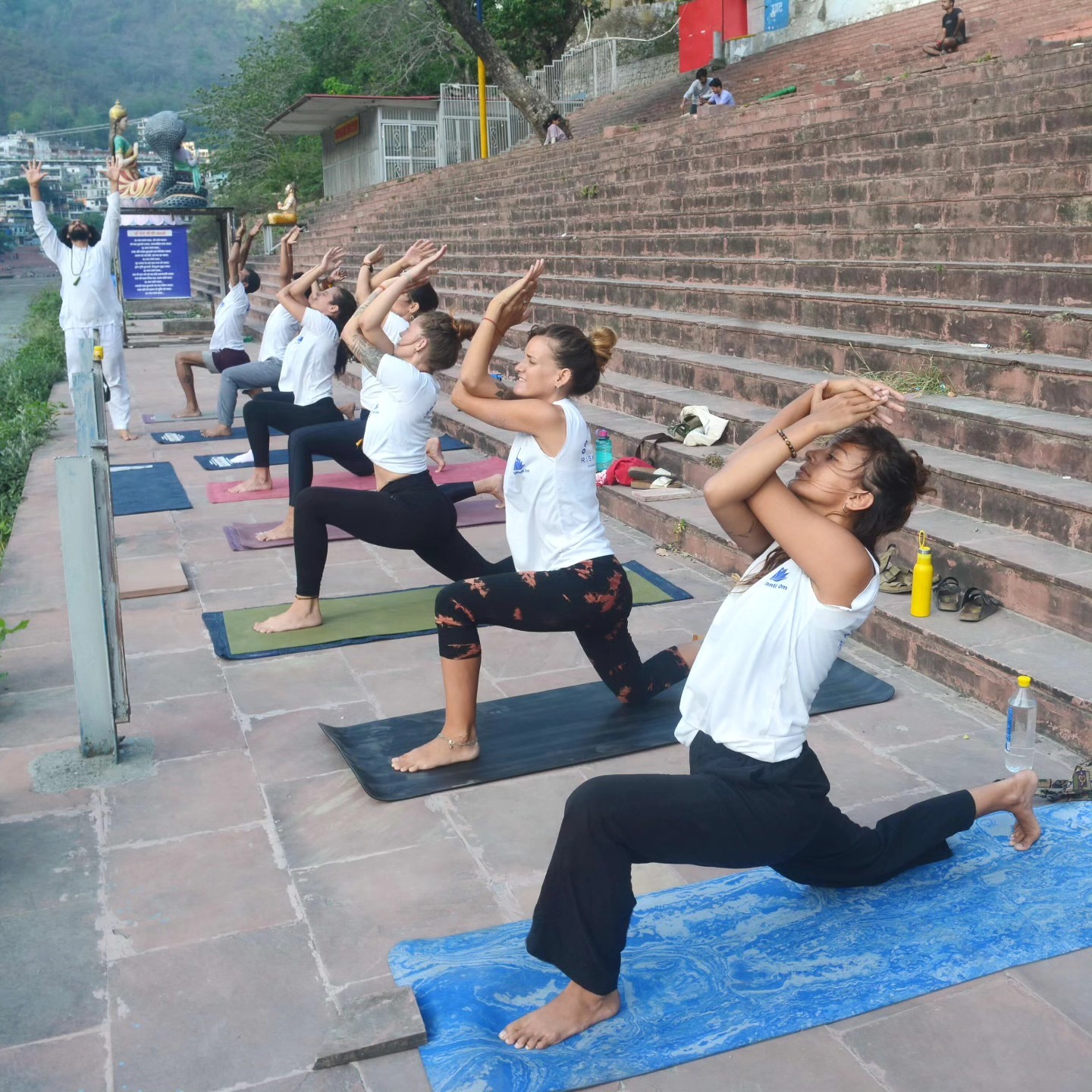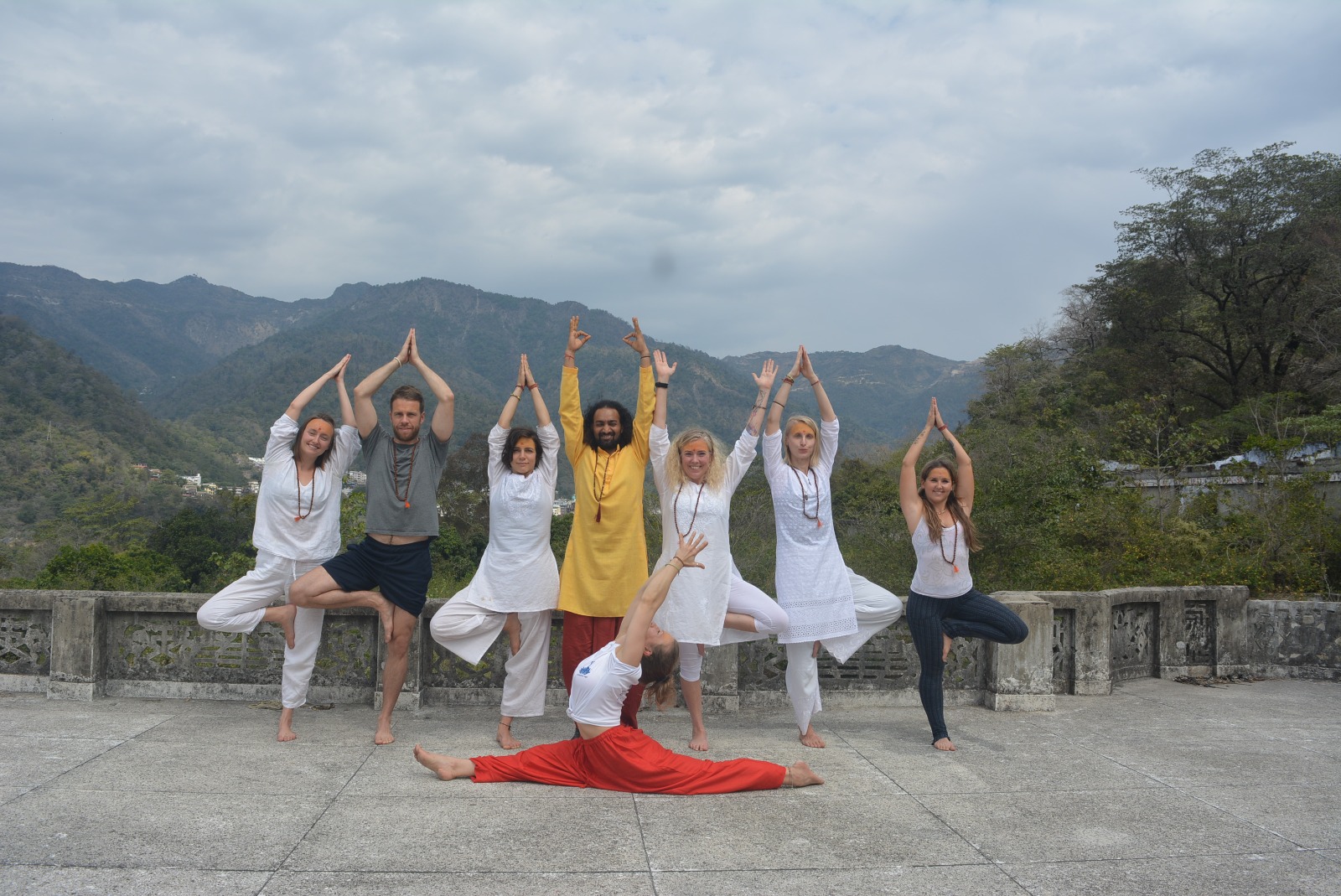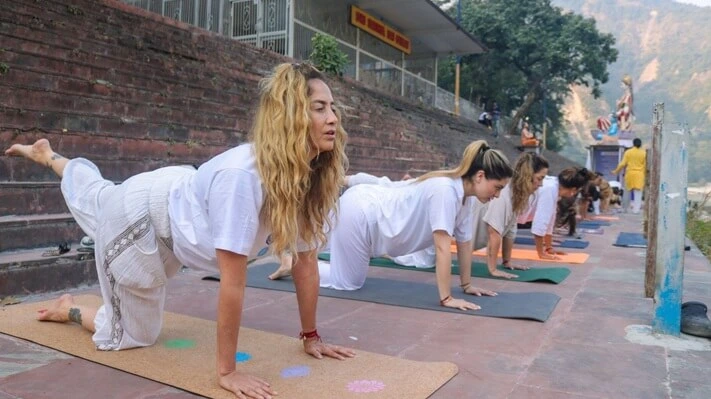 Blog Speed Optimization – Make Google & Users Happy!
Blog Speed Optimization – Make Google & Users Happy!
Mudra Benefits (Om Shanti Om Yoga)
Written by Om Shanti Om Yoga » Updated on: June 29th, 2025

Introduction to Mudras and Their Ancient Origins
Mudras are symbolic hand gestures or body postures deeply rooted in ancient Indian traditions such as yoga, Ayurveda, and classical dance. These subtle yet powerful tools have been used for thousands of years to influence the flow of energy (prana) within the body and mind. The Sanskrit word “mudra” translates to “seal,” signifying that these gestures help lock in specific energy patterns. While often associated with meditation or spiritual practice, the range of mudra benefits extends well into physical, emotional, and psychological well-being. Practitioners around the world are rediscovering these gestures as an accessible and holistic approach to health.
Physical Health Benefits of Practicing Mudras
One of the most widely recognized mudra benefits is its impact on physical health. Different mudras stimulate different parts of the body and help balance the five elements (earth, water, fire, air, and space) within us. For instance, the Prana Mudra boosts vitality and immunity, while the Apana Mudra supports detoxification and digestion. Some mudras like Surya Mudra aid in weight loss and metabolism regulation, while Vayu Mudra is effective in relieving joint pain and stiffness. These benefits arise from the subtle re-balancing of internal energies, often comparable to the effects of acupressure or reflexology. When practiced regularly, mudras can act as a non-invasive, side-effect-free way to complement medical treatments and enhance overall physical health.
Mental and Emotional Mudra Benefits
Beyond the physical level, mudras also profoundly influence mental clarity and emotional stability. In today's high-stress lifestyle, gestures like Gyan Mudra (the gesture of knowledge) help calm the mind, enhance concentration, and improve memory. Shuni Mudra, which connects the thumb and middle finger, is known to foster patience and discernment. These simple hand gestures can bring about noticeable shifts in mood, often serving as a valuable aid in managing anxiety, depression, or restlessness. The mudra benefits here lie in their ability to harmonize the nervous system and stimulate brain areas related to inner calm and mental resilience. Practiced in conjunction with slow, mindful breathing, mudras can create a powerful meditative state that promotes emotional healing and balance.
Spiritual Growth and Inner Awakening Through Mudras
For those seeking spiritual advancement, mudras offer a gateway to deeper states of consciousness. In yogic traditions, they are often paired with mantra chanting and pranayama to activate energy centers or chakras. The Hridaya Mudra, for instance, opens the heart chakra and is used in grief healing, while Kundalini Mudra is believed to awaken dormant spiritual energy. These gestures serve as a bridge between the physical and the metaphysical, allowing practitioners to connect with higher states of awareness. One of the key mudra benefits on the spiritual path is that they can help regulate subtle energies that support inner peace, intuition, and self-realization. They are powerful tools for aligning the mind, body, and soul in a state of harmony and divine flow.
Scientific Validation and Modern Relevance of Mudra Benefits
Although rooted in ancient wisdom, mudras have gained interest in modern scientific circles for their measurable effects on health and wellness. Several studies have shown that regular practice of certain mudras can help reduce blood pressure, regulate hormone levels, and improve sleep quality. Neuroscience suggests that the gestures made during mudras activate specific areas of the brain, leading to improved cognitive functions and emotional regulation. In a fast-paced world dominated by technology and external distractions, the simplicity and accessibility of mudras offer a practical, no-cost wellness solution. Whether you’re dealing with chronic illness, mental fatigue, or spiritual stagnation, the mudra benefits make them a relevant and highly adaptable tool for contemporary living.
Note: IndiBlogHub features both user-submitted and editorial content. We do not verify third-party contributions. Read our Disclaimer and Privacy Policyfor details.
Copyright © 2019-2025 IndiBlogHub.com. All rights reserved. Hosted on DigitalOcean for fast, reliable performance.











